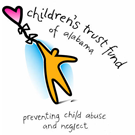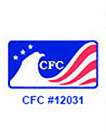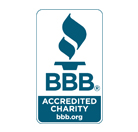The National Children's Advocacy Center (NCAC) has historically collaborated with renowned researchers Sonja Brubacher and Martine Powell with Griffith University in Australia to offer Building Forensic Interviewing Skills Online Training. The purpose of NCAC’s Building Forensic Interviewing Skills Online Training is to provide professionals, who have completed a nationally or state recognized forensic interview training, the opportunity to strengthen and expand their practical skills.
As of 2023, the NCAC is no longer offering Building Forensic Interviewing Skills Online Training. NCAC instructors have created new curriculum utilizing current research to provide experienced interviewers opportunities to review and practice key elements of forensic interviewing and to improve practice and enhance interviewing skills. While a variety of new courses are available, Increasing Skill in Forensic Interviewing of Children or Critical Thinking in the FI: Moving from Rote to Responsive Thinking are most closely aligned with the former Building Forensic Interviewing Skills Online Training.
Please contact Ame Seyboth for more information.
This project is supported by a grant awarded by the Office of Juvenile Justice and Delinquency Prevention, Office of Justice Programs, U.S. Department of Justice. Points of view or opinions in this document are those of the author and do not necessarily represent the official position or policies of the U.S. Department of Justice.










